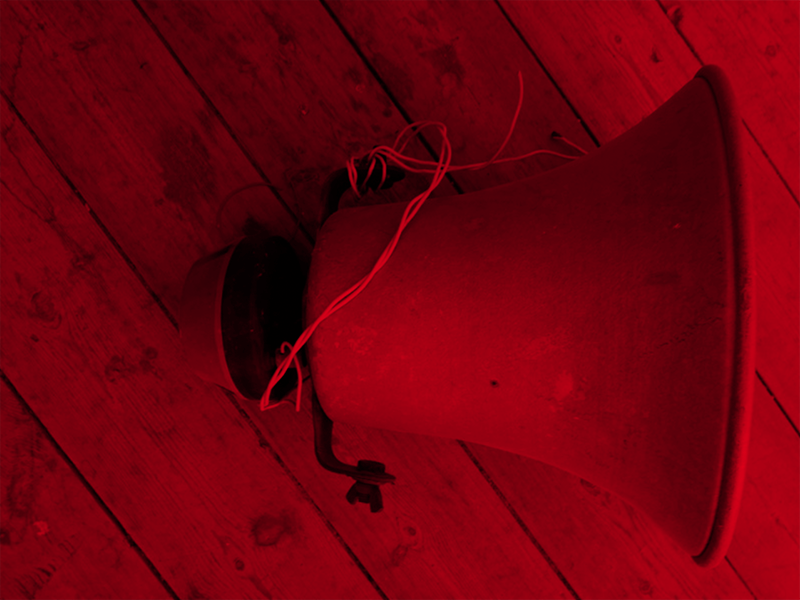Marc-Alexandre Reinhardt (CA)
location: many different locations each day

as the twentieth year of the war was approaching, they resolved to send again to Delphi to ask concerning victory. The Pythia made answer to their question: “To those who first around the altar set up tripods ten times ten to Zeus of Ithome, heaven grants glory in war and the Messenian land. For thus hath Zeus ordained. Deceit raised thee up and punishment follows after, nor would’st thou deceive the god. Act as fate wills, destruction comes on this man before that.” […] They set about making tripods of wood, as they had not money enough to make them of bronze.
(Pausanias, 4.12.7 – 4.12.8)
An anecdote from Pausanias’s second century CE travelogue (Guide to Greece) conceptually frames this exploration of the physical and historical resonance of an ancient site that was the locus of various religious practices : the remnants of the Sanctuary of Zeus Ithomatas and the abandoned Vourkano monastery.
Through a modulable tripod structure, a composition of field recordings, natural radio and vocals of early 20th amanès is reproduced from one hundred different positions. If listening to the ecology of this touristic site foregrounds the disenchantment (Entzauberung) of late modern society, sounding human and non-human vibrant bodies in sacred spaces may also give us a sense of how we relate to the future and collectively act upon it.
Prophesies, callings and forecasting techniques are embodied in listening practices that affect how we inhabit space. To experience sound within these ruins confronts us with a state of global precarity, a common earth-wide condition of living with no promises of stability.
curatorial support: Eric Mattson (CA)
This project was supported by the Canada Council for the Arts and the Conseil des arts et des lettres du Québec.
> see also related performance Entopia